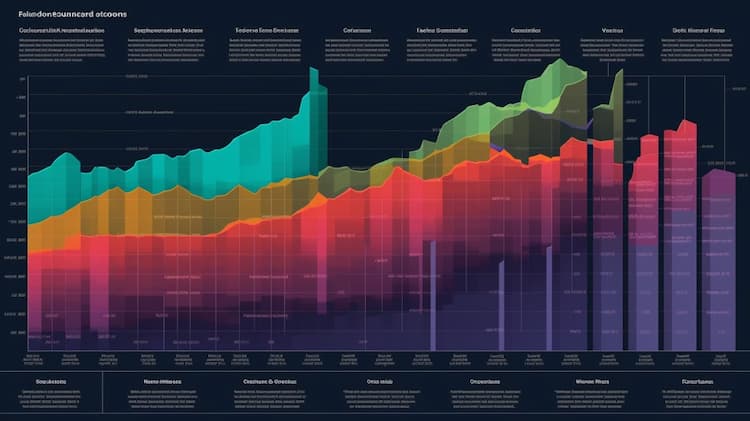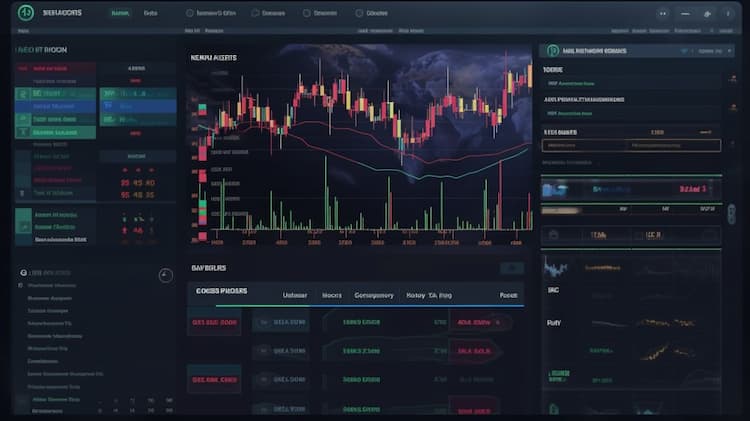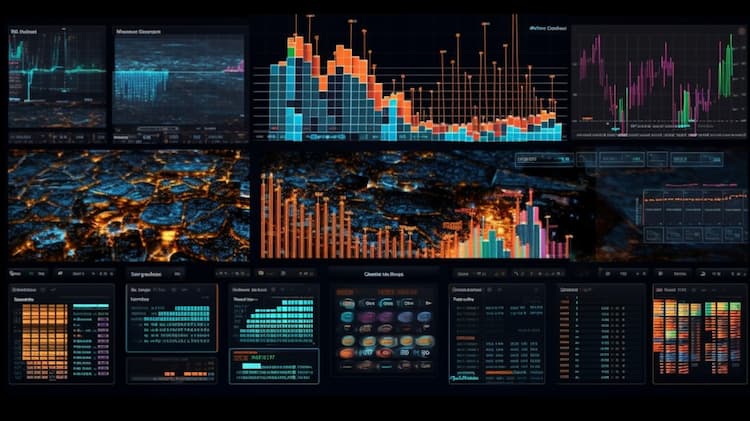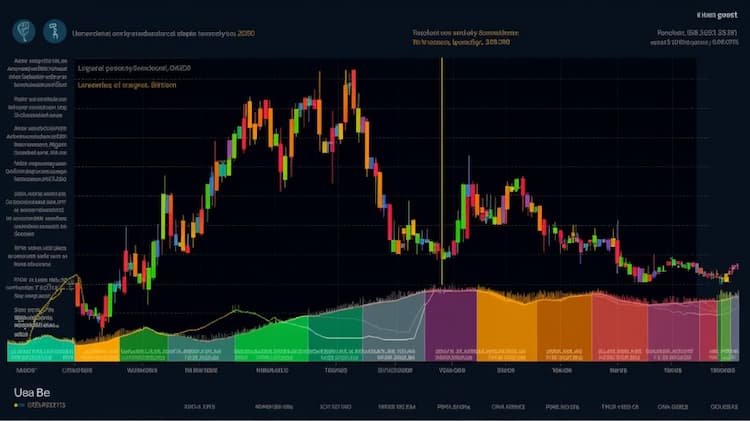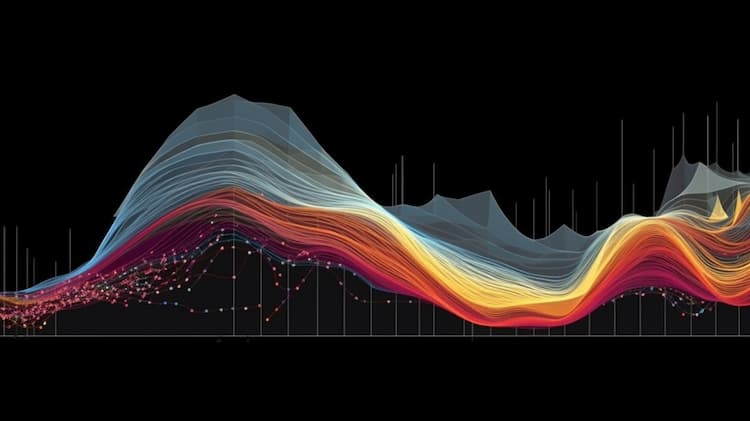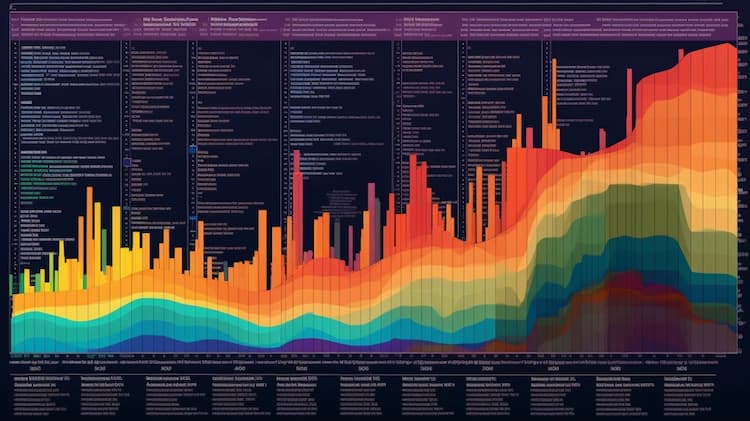
What are the Best Fixed Income ETFs?
Understanding Fixed Income ETFs
Fixed Income ETFs, also known as bond ETFs, are exchange-traded funds that invest in a diversified portfolio of fixed income securities, such as government bonds, corporate bonds, and municipal bonds. These ETFs provide investors with exposure to the fixed income market while offering the benefits of liquidity, transparency, and diversification.
Comparing Vanguard Total Bond Market ETF (BND) with iShares Core U.S. Aggregate Bond ETF (AGG)
One of the top fixed income ETFs in the market is the Vanguard Total Bond Market ETF (BND). It aims to track the performance of the Bloomberg Barclays U.S. Aggregate Float Adjusted Index, which represents a broad spectrum of U.S. investment-grade bonds. BND provides investors with a low-cost and diversified approach to investing in the fixed income market.
Another popular fixed income ETF is the iShares Core U.S. Aggregate Bond ETF (AGG). Similar to BND, AGG seeks to track the investment results of the Bloomberg Barclays U.S. Aggregate Bond Index. It offers exposure to a wide range of U.S. investment-grade bonds, including government, corporate, and mortgage-backed securities.
Both BND and AGG provide investors with broad exposure to the U.S. fixed income market. They have similar objectives and expense ratios. However, there may be slight differences in the composition of their underlying portfolios, including the weighting and specific securities held. Investors should consider their investment goals, risk tolerance, and investment horizon when choosing between these two ETFs.
Benefits of Fixed Income ETFs
Fixed Income ETFs offer several advantages to investors:
Diversification: Fixed Income ETFs provide investors with exposure to a diversified portfolio of bonds, reducing the risk associated with investing in a single bond or bond issuer.
Liquidity: ETFs trade on stock exchanges like individual stocks, providing investors with the ability to buy and sell shares throughout the trading day at market prices.
Transparency: ETFs disclose their holdings on a daily basis, allowing investors to know exactly what securities they own.
Cost-efficiency: ETFs generally have lower expense ratios compared to actively managed mutual funds, making them a cost-effective choice for investors.
 Fixed Income ETFs,AGG,BND overlap What are the Best Fixed Income ETFs?
Fixed Income ETFs,AGG,BND overlap What are the Best Fixed Income ETFs?
Considerations for Investing in Fixed Income ETFs
When investing in fixed income ETFs, there are a few factors to consider:
Interest Rate Risk: Fixed income securities are sensitive to changes in interest rates. Rising interest rates can lead to a decline in bond prices, negatively impacting the value of fixed income ETFs.
Credit Risk: Different bonds have varying levels of credit quality. Higher-yielding bonds may have higher credit risk, which can result in higher volatility and potential defaults.
Expense Ratios: While fixed income ETFs generally have lower expense ratios than actively managed funds, it's important to compare and evaluate the costs associated with each ETF to ensure they align with your investment objectives.
Investment Horizon: Consider your investment time horizon and whether you are looking for short-term or long-term fixed income exposure. This will help determine the appropriate ETF that matches your investment goals.
Conclusion
Fixed Income ETFs, such as the Vanguard Total Bond Market ETF (BND) and iShares Core U.S. Aggregate Bond ETF (AGG), offer investors an efficient way to gain exposure to the fixed income market. These ETFs provide diversification, liquidity, and transparency, making them attractive options for investors seeking income and capital preservation. However, it's crucial for investors to consider factors like interest rate risk, credit risk, expense ratios, and investment horizon when selecting the best fixed income ETF for their portfolio.
Disclaimer: This article is for informational purposes only and does not provide investment advice. Investing in ETFs involves risk, including the possible loss of principal. It is important to conduct thorough research and consider your financial goals before making any investment decisions.
Sources:
Vanguard Total Bond Market ETF (BND):
BlackRock
[Fixed Income ETFs:](Investopedia: https://www.investopedia.com/terms/f/fixedincome-etf.asp)
FAQ
What are the Best Fixed Income ETFs?
The best fixed income ETFs include funds such as the iShares Core U.S. Aggregate Bond ETF (AGG), Vanguard Total Bond Market ETF (BND), and iShares iBoxx $ Investment Grade Corporate Bond ETF (LQD). These ETFs are highly regarded for their exposure to a diversified portfolio of fixed income securities.
What is the iShares Core U.S. Aggregate Bond ETF (AGG)?
The iShares Core U.S. Aggregate Bond ETF (AGG) is an ETF designed to track the investment results of the Bloomberg Barclays U.S. Aggregate Bond Index. It provides investors with exposure to a broad range of investment-grade U.S. bonds, including government bonds, corporate bonds, and mortgage-backed securities.
What is the Vanguard Total Bond Market ETF (BND)?
The Vanguard Total Bond Market ETF (BND) is an ETF that aims to track the performance of the Bloomberg Barclays U.S. Aggregate Float Adjusted Index. It offers investors exposure to the broad U.S. investment-grade bond market, including government, corporate, and securitized bonds.
What is the iShares iBoxx $ Investment Grade Corporate Bond ETF (LQD)?
The iShares iBoxx $ Investment Grade Corporate Bond ETF (LQD) is an ETF that seeks to track the investment results of the Markit iBoxx USD Liquid Investment Grade Index. It focuses on investment-grade corporate bonds issued by U.S. companies, providing exposure to the corporate bond market.
What are the advantages of investing in fixed income ETFs?
Investing in fixed income ETFs offers several advantages, including diversification across a broad range of fixed income securities, ease of trading on the stock exchange, potential for income through coupon payments, and the ability to tailor the duration and risk profile of the fixed income exposure to suit investment objectives.
